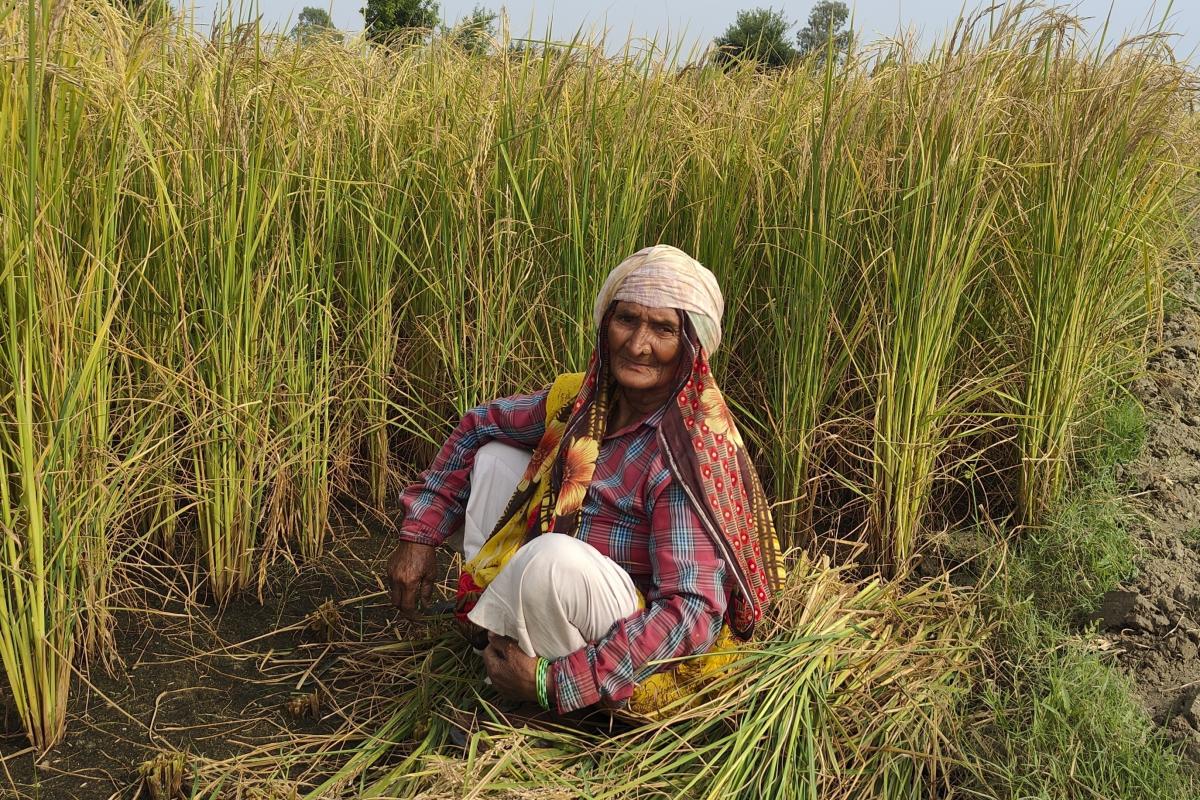Climate Change Is Taking a Toll on Women and Girls in India
New Delhi (AP) — Manju Devi struggled with pain while working on a farm near Delhi, as she endured long hours standing in waist-deep water, lifting heavy loads, and enduring intense heat. After suffering for two months, she was rushed to the hospital and diagnosed with a prolapsed uterus, requiring a. hysterectomy. Social norms prevented her from discussing her discomfort, and despite relying on painkillers to continue working to support her family, her suffering became unbearable.
Devi’s story is part of the U.N.-led climate summit, as activists are urging policymakers to address the disproportionate impact of climate change on women and girls, especially in impoverished communities.
Their recommendations include securing land rights for women, promoting cooperatives, and encouraging women to take a leading role in shaping climate policy. The Group of 20 leaders who met in New Delhi in September recognized the issue, calling for gender equality at the core of climate action.
Climate change is having a profound impact on women’s health in rural communities. In one village, middle-aged women described undergoing hysterectomies due to injuries related to their work on farms. This link between uterine prolapse and climate change is indirect but significant.
In another village, a farmworker lost a finger due to a chemical infection, while a young woman in a brick kiln suffered stillbirths linked to the extreme heat from climate change. Across India, women in agriculture bear the brunt of physically demanding work as climate change exacerbates challenges like erratic weather and increased labor needs.
Poonam Muttreja, an advocate for women’s rights, emphasized the importance of including gender considerations in all climate policies and actions. She urged the upcoming climate summit to prioritize women’s health and well-being as a central component of their initiatives.
While there is recognition of climate change’s health impact, attaining funding and overcoming opposition to gender-sensitive climate policies remains a formidable challenge. However, there is hope for progress, as COP28 will include a dedicated Health Day to address these issues.
See more about AP’s climate initiative here.


